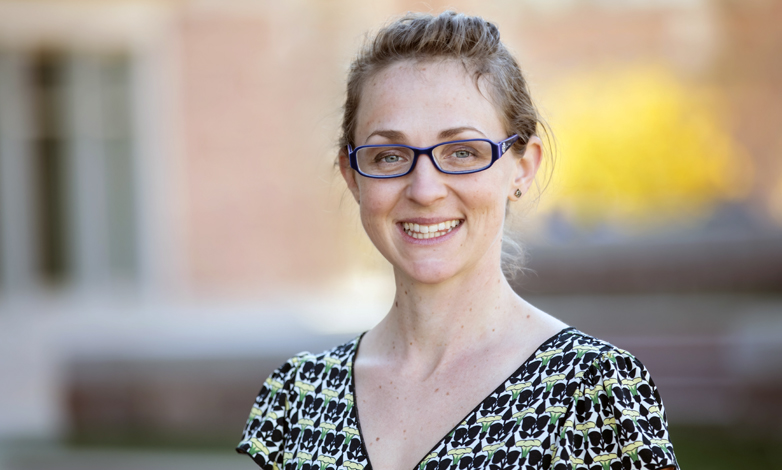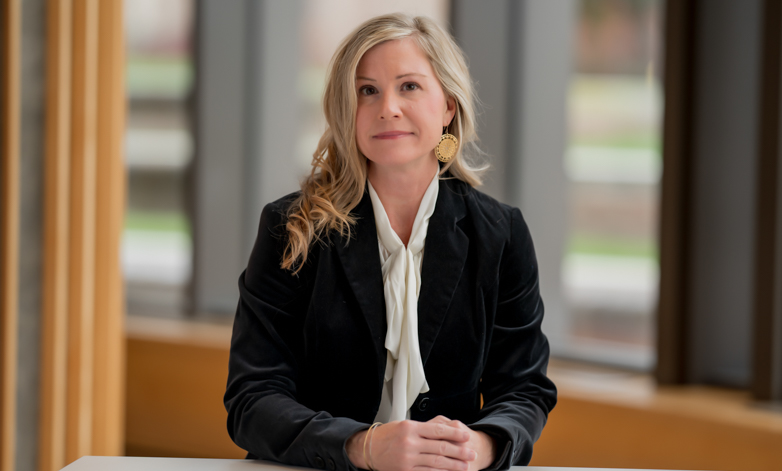- 314-935-6693
- mary.mckay@wustl.edu
Executive Vice Provost McKay has received substantial federal funding for research focused on meeting the mental health and health prevention needs of youth and families impacted by poverty. Working with colleagues in the field, she has developed a substantial body of research findings around engagement practices to improve involvement in family-based HIV prevention programs and mental health services for children, youth, and families in high-poverty urban areas.
She has significant expertise in services and implementation research methods, as well as over 15 years of experience conducting HIV prevention and care-oriented studies, supported by continuous funding from the National Institutes of Health. In addition, Dean McKay has collaborated with the National Institute of Mental Health, the New York State Office of Mental Health, and the New York City Department of Health and Mental Hygiene to create evidence-based engagement interventions and to test models of dissemination and training for mental health professionals in engagement best practices





